
ADVERTISEMENT
Top 10 Gut-Friendly Foods
Maintaining optimal digestive health has become a cornerstone of modern wellness, as scientific research increasingly reveals the profound connection between gut microbiome balance and overall physical vitality. The intricate ecosystem of beneficial bacteria residing in our gastrointestinal tract plays a crucial role in immune system function, nutrient absorption, inflammation regulation, and even mental health through the gut-brain axis communication network. When digestive wellness is compromised, it can manifest as bloating, irregular bowel movements, weakened immunity, poor nutrient assimilation, increased inflammation, and digestive discomfort that impacts daily quality of life. Supporting intestinal health requires a strategic approach that focuses on nourishing beneficial microorganisms, strengthening the gut barrier, promoting healthy digestion, and creating an environment where good bacteria can thrive while harmful pathogens are naturally suppressed. The key to achieving lasting digestive balance lies in understanding how specific nutritional choices can either support or disrupt the delicate microbial ecosystem, influencing everything from metabolism and energy levels to mood regulation and disease prevention. By prioritizing gut health through targeted dietary strategies, individuals can experience improved digestion, enhanced immune function, better nutrient utilization, reduced inflammation, and a greater sense of overall wellness and vitality.
Here are 10 excellent gut-friendly foods that can help support your digestive health and promote a balanced microbiome:
Yogurt with Live Cultures: Contains beneficial probiotics like Lactobacillus and Bifidobacterium that help maintain healthy gut bacteria. Look for varieties labeled with “live and active cultures.”
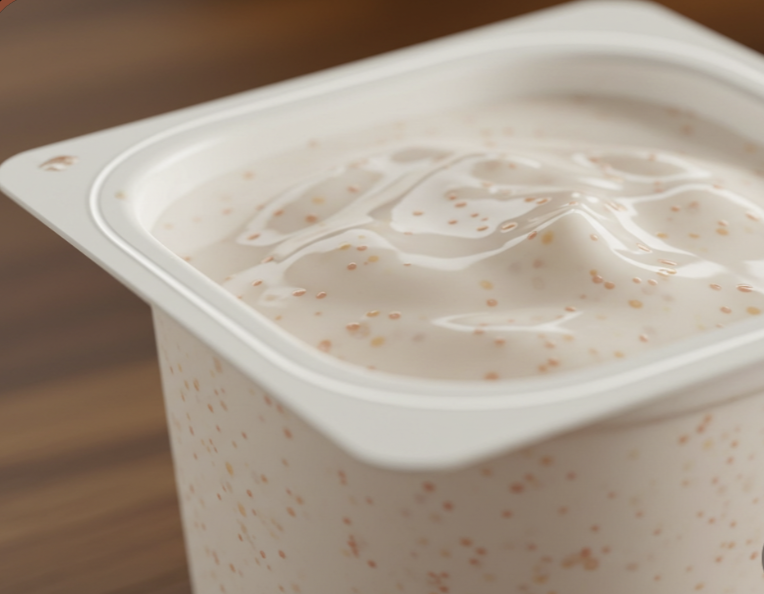
Kefir: This fermented milk drink packs even more probiotic strains than yogurt, often containing 10-15 different beneficial bacteria types that support digestive balance.
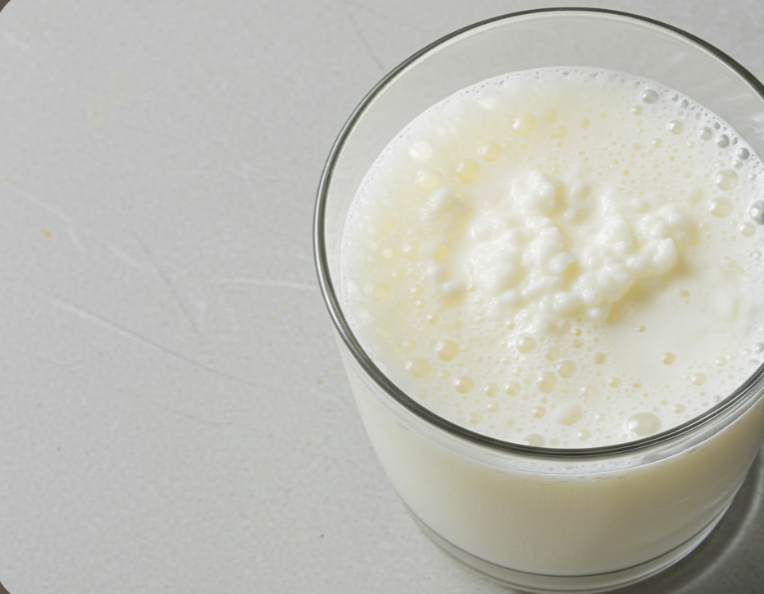
Sauerkraut: Fermented cabbage is rich in probiotics and fiber. Choose unpasteurized versions from the refrigerated section to get the live beneficial bacteria.
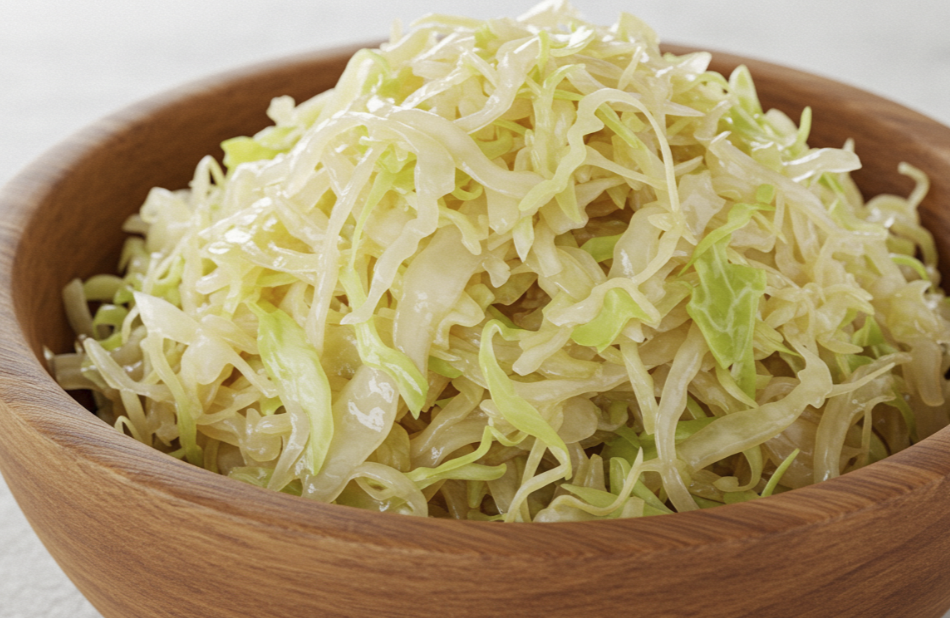
Kimchi: This spicy Korean fermented vegetable dish provides probiotics along with prebiotic fiber to feed good gut bacteria, plus anti-inflammatory compounds.
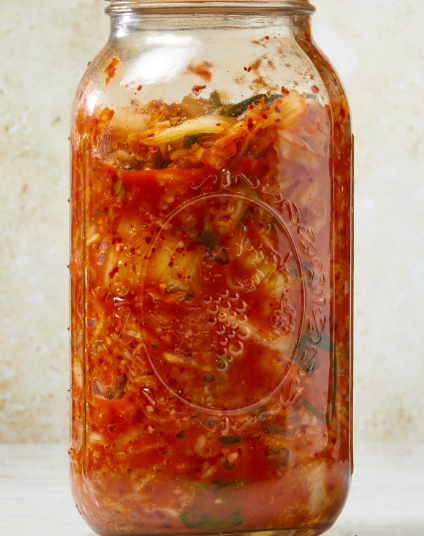
Bone Broth: Contains collagen and amino acids like glutamine that help repair and strengthen the intestinal lining, supporting overall gut barrier function.
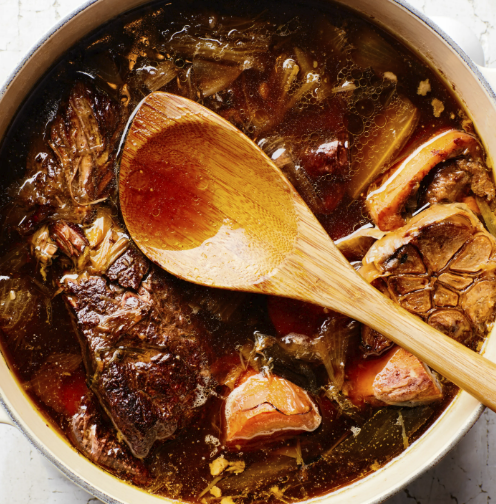
Bananas :Especially slightly green ones, which contain resistant starch and prebiotic fibers that feed beneficial bacteria in your colon.
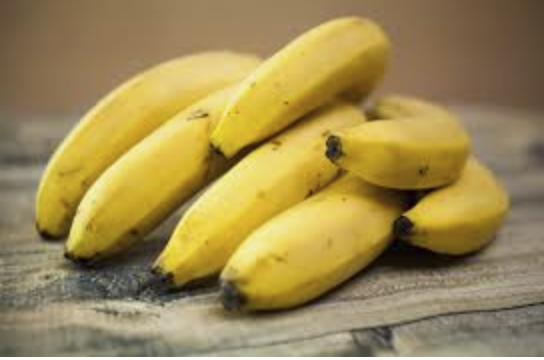
Garlic: Acts as a prebiotic, containing inulin and fructooligosaccharides that nourish good bacteria while having antimicrobial properties against harmful microbes.
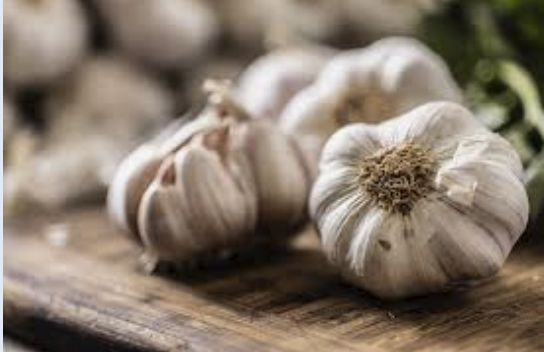
Ginger – Helps stimulate digestion, reduce inflammation in the gut, and can ease nausea and digestive discomfort naturally.
Leafy Greens: Spinach, kale, and other greens provide fiber and nutrients that support beneficial bacteria growth while promoting regular bowel movements.
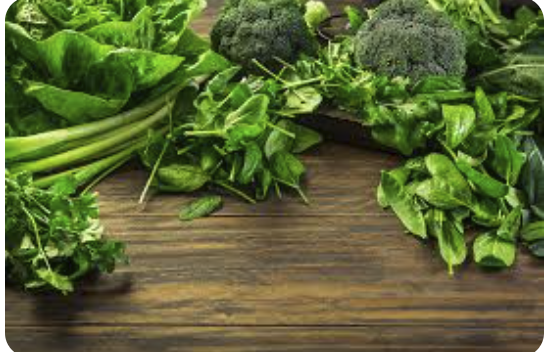
Apples : Rich in pectin, a soluble fiber that acts as a prebiotic, plus they contain polyphenols that have anti-inflammatory effects in the digestive tract.

For best results, try to include a variety of these foods regularly in your diet rather than focusing on just one or two. The diversity helps create a more balanced and resilient gut microbiome.
ADVERTISEMENT
Leave a Reply